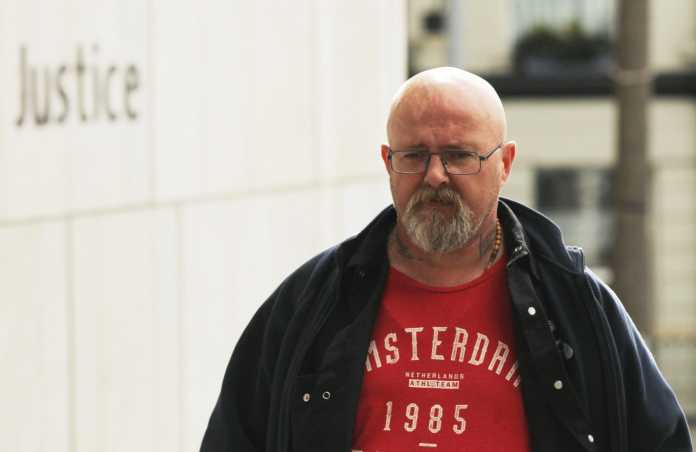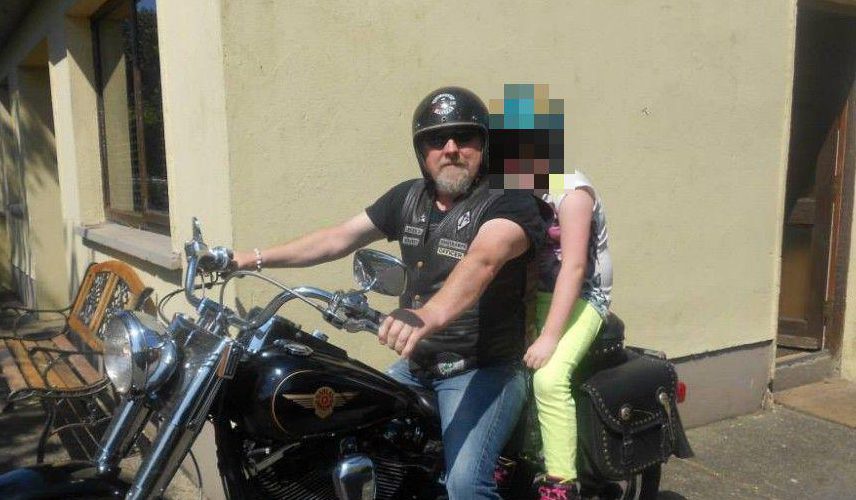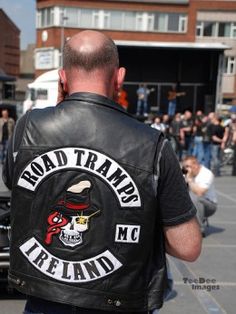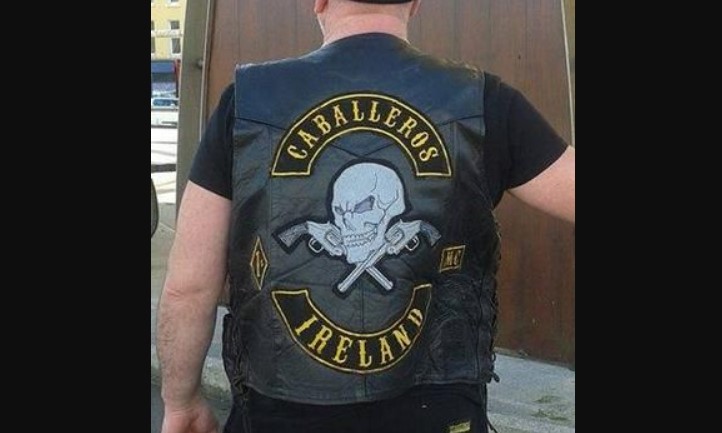The Supreme Court has dismissed an appeal by a Limerick biker who is serving a life sentence for murdering the founder of a rival club.
Andrew ‘AOD’ O’Donoghue died after he was shot at the gates of the Road Tramps motorcycle club at Mountfune during an incident on June 20, 2015.
Alan ‘Cookie’ McNamara, 53, of Mountfune, Murroe, had denied the murder of the retired carpenter and father-of-one.
However, following a trial at the Central Criminal Court, he was found guilty in July 2017. He was formally sentenced to life imprisonment by Mr Justice Paul McDermott on October 27, 2017.

The Central Criminal Court heard that Mr O’Donoghue developed a love of bikes in the 1980s and was a founding member of the Road Tramps motorcycle club. McNamara had been a Road Tramp some years earlier but joined another group, the Caballeros, in 2015.
Tensions between the two clubs flared when McNamara was seen wearing Caballeros colours in a pub in Doon, an area considered to be Road Tramps’ territory.
It was Mr McNamara’s case that he was having a quiet drink with his wife when he was subjected to a “humiliating” assault. He was attacked, his wife was knocked to the ground and the Caballeros colours were taken from his motorcycle jacket – a “symbolic attack” on his “honour”.

In both the Court of Appeal and the Supreme Court, lawyers representing Mr McNamara said it was a deliberate and planned provocation to make his client feel unwelcome in the area.
Following the incident in Doon, three members of the Road Tramps pulled up to McNamara’s house in a car, produced weapons, including a firearm, and threatened to kill him.
The following day, McNamara travelled to the Road Tramps clubhouse, a short distance from his home, after he became aware that members of the Caballeros were in a car pursuing a member of the Road Tramps.
McNamara, who was armed with a sawn-off shotgun, said he shot Mr O’Donoghue because he believed a metal bar in the latter’s hand was a firearm.
He told gardai he never intended to kill Mr O’Donoghue and expressed remorse.
Earlier this year, Mr McNamara moved a Supreme Court appeal against his conviction.

The core argument argued by his lawyers was that the trial judge erred in not permitting a defence of provocation to go to the jury.
Delivering the Supreme Court judgment on Friday, Mr Justice Peter Charleton said the court was rejecting the submissions.
“There was no foundation of fact on which a jury could ever find for the accused on the basis of provocation,” he stated.
“What happened the night before the killing of the victim might have been such that had the accused retaliated when he and his wife were assaulted outside the bar, supposing that the victim had taken part, which he did not, and supposing he had the means of lethal force spontaneously to hand, a jury might have considered the defence of provocation in that context,” he added.
Make sure you have subscribed to our Facebook page or Twitter to stay tuned!
Source: Limerick Leader by David Hurley
